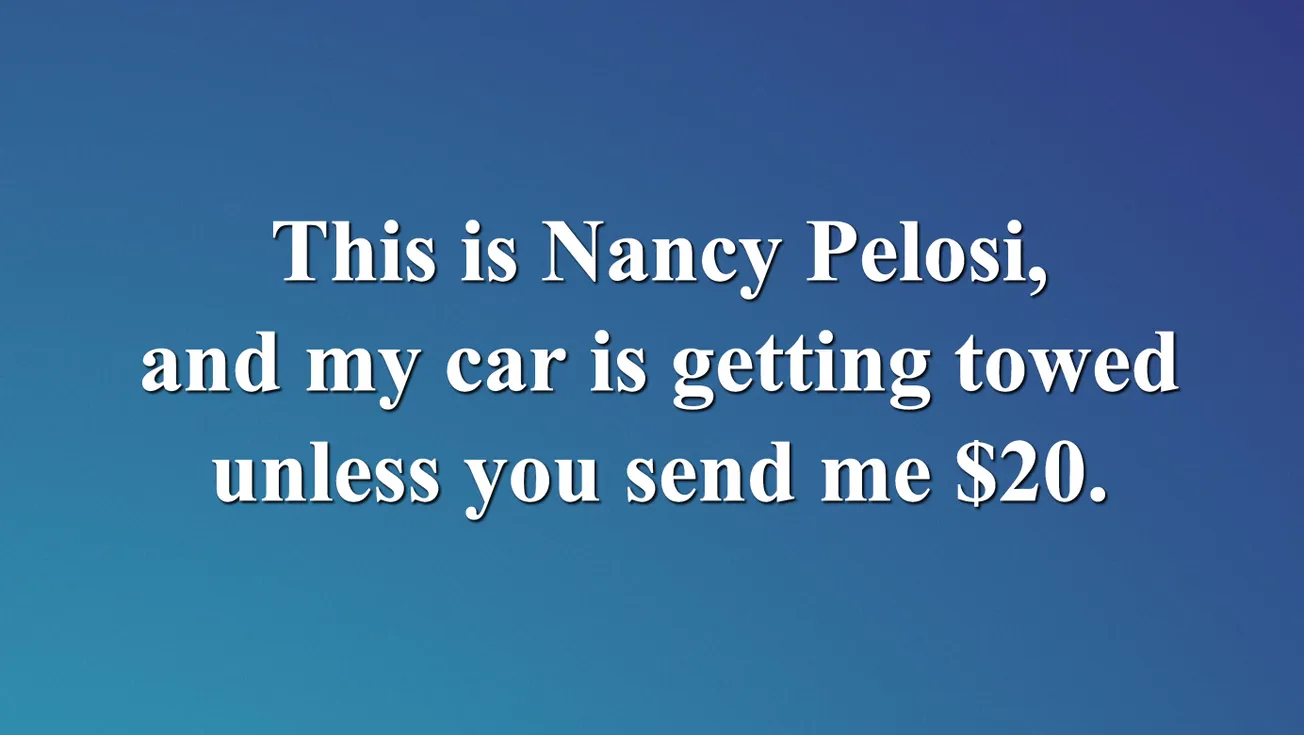I posted a series of tweets about this earlier, but thought it best to expand a bit in a PubBlog post.
It’s hard to know just what to say about the Governor’s appearance and his plan, as you come off sounding like either you don’t believe in God or prayer, or you enjoy bashing religion. Without digging into the religious piece too far, let’s just say that neither is true for me. There’s a lot more to be said about the word “believe” in that context, but for the moment let’s move on.
One issue with the plan is the implication that prayer hasn’t been tried. That seems to me to be a slam on the very ministers and church people that were present. Surely they have prayed, and prayed long and hard, for the violence to end. In fact, at one time, the pastor of the church I attend (a church in the Highlands) would go to each location of violent death and hold a prayer vigil there the next day. So, to say “just pray” is something of an insult, although I’m sure it wasn’t meant as one.
The interesting thing is that if actually adopted, the plan might make some difference, if only from the increased presence of calm people on the streets and the sight of people praying on each corner, without necessarily ascribing any power to the prayers themselves. Again, though, the problem is that it assumes that isn’t already happening. Did the Governor do any homework beforehand, to see if there were neighborhood councils or watches, formal or informal? Or did he just assume that there weren’t?
The four biggest problems with the Governor’s proposal, though, are these, in my opinion:
- The church-state issues raised by an elected official espousing a religious solution to a civic problem
- The somewhat narrow view of prayer that it espouses
- The one-facet solution to a multi-faceted problem
- The arrogance involved
About the church-state issue: We all know Governor Bevin is a conservative Christian. We also know that he is not shy about saying that, or about promoting Christianity as the answer to many things, which raises the issue of the endorsement on a single religion. Today’s event, as far as I know, just talked about praying on each corner, and did not specify how to pray or to whom to pray. Still, as stated above, the church-state separation seems to be even more blurry when the Governor is also acting as spiritual encourager. Of course, we get “thoughts and prayers” all the time from elected officials, so perhaps this is more of that. Or perhaps it is over the line.
About prayer: Again, I don’t want this to turn into an exposition on prayer. But the idea that increasing the amount of prayer in order to get what you want is an immature view of the point of prayer. (All IMVHO.) If you believe in a loving God, then you probably also believe that it is good to ask that loving God for blessings for yourself or for others. The problem comes if you do not then receive the results you asked for. Did God say No, or was it something wrong with you? We could chase this all day and night, but for now let’s just say that God-as-cosmic-candy-machine is not a theology I am comfortable with. If this proposal becomes that, then it is teaching all sorts of bad spiritual lessons. (Let’s stop there for now.)
About the facets: The Governor is operating, it seems to me, out of a mindset that says “everything is ultimately a spiritual problem.” And on one level, many people might agree. The problem is, once you get your spirit in the right place, you still have to “put feet on your prayers.” In James 2, we read this:
Dear friends, do you think you’ll get anywhere in this if you learn all the right words but never do anything? Does merely talking about faith indicate that a person really has it? For instance, you come upon an old friend dressed in rags and half-starved and say, “Good morning, friend! Be clothed in Christ! Be filled with the Holy Spirit!” and walk off without providing so much as a coat or a cup of soup—where does that get you? Isn’t it obvious that God-talk without God-acts is outrageous nonsense?
Violence, poverty, racism – all of these are systems, complicated systems, in some cases long entrenched. There are many, many pieces to this puzzle. And even if you accept that prayer walks could be part of the solution, those are only one part of a thousand-piece jigsaw puzzle. You’ve got to work all the facets, not just one, and put those feet on those prayers.
And finally, about the arrogance: Some months ago, I heard a local black leader say something that has really stuck with me. To paraphrase: “You know, we’re really tired of white people showing up in the West End and telling us what we need to do. If you want to help, to REALLY help, come sit with us and listen, and let us tell you what WE think. And then see if you can help us do what we know to do.”
Today’s event with the Governor was another case of “white man shows up to tell black people what to do.” Do I think he saw it that way? Actually, I don’t. I think he is completely sincere in his belief that the prayer walks are the right solution, and I think he came to share that because he is trying to care. And therein lies the arrogance, even though unintentional: he just didn’t see how his actions looked to the people on the receiving end.
What would have been better? To have one or more closed-door sessions, possibly in someone’s home, where all he did was listen and take notes. Let the people on the ground tell you about their lives, and about the realities they deal with. Then see where you can help, and what is needed.
–30–
Comments






